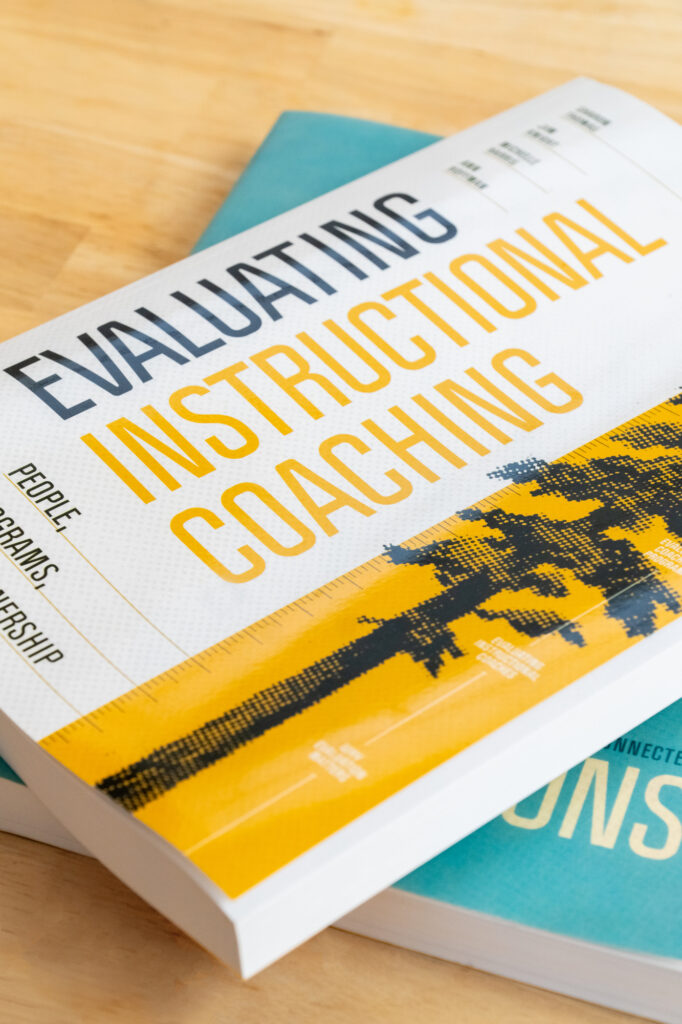As educators, navigating challenging conversations is part of the role. Whether it’s addressing a student’s struggles, managing behavioural issues, or delivering constructive feedback to colleagues or parents, these discussions are often essential for growth, understanding, and trust-building. With the right tools and mindset, educators can turn these conversations into opportunities.
Our course, Managing Challenging Conversations, is designed to equip educators, leaders, and managers with strategies to confidently handle these situations. This one-day course is perfect for those who want to enhance their skills, confidence, and understanding in managing difficult discussions in a way that maintains both high expectations and constructive relationships.
In this course, you’ll explore:
- A deeper understanding of what makes some conversations challenging or difficult.
- Key theories that explain our responses to challenging interactions.
- Enhanced self-awareness about how you “show up” in these conversations.
- Increased confidence to engage in challenging conversations.
- Practical frameworks to structure and manage difficult discussions.
- Hands-on experience in applying a coaching approach to challenging conversations.
Here are some essential tips for managing challenging conversations:
Know Your Purpose and Prepare: Clarify the goal of the conversation beforehand. Ask yourself: What outcome am I hoping for? How can this conversation support the student or colleague’s growth? A clear purpose guides your tone and keeps the discussion constructive.
Create a Safe, Positive Space: Set a comfortable and respectful environment. Use open body language and a calm tone to communicate empathy. Starting on a positive note—like acknowledging a recent success—can ease tension and establish trust.
Listen to Understand: Active listening is essential for building trust and creating psychological safety. Allow the other person to speak without interruption and reflect back what you hear to show understanding. Empathetic listening helps diffuse defensiveness and build rapport.
Stay Solution-Oriented: Frame your concerns around solutions, not just problems. Focusing on how things can improve, rather than what went wrong, creates a more constructive and forward-looking dialogue.
Follow Up: Check in after a few days or weeks to discuss progress or adjustments. Following up show’s commitment to the individual’s growth and keeps communication open for future discussions.
By managing challenging conversations with empathy, clarity, and a focus on solutions, educators can turn these moments into meaningful exchanges that foster growth, mutual understanding, and positive change.





























